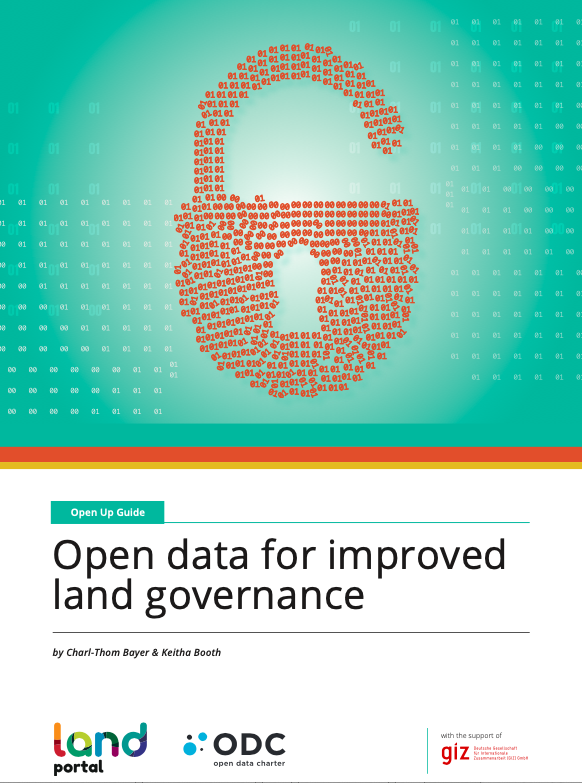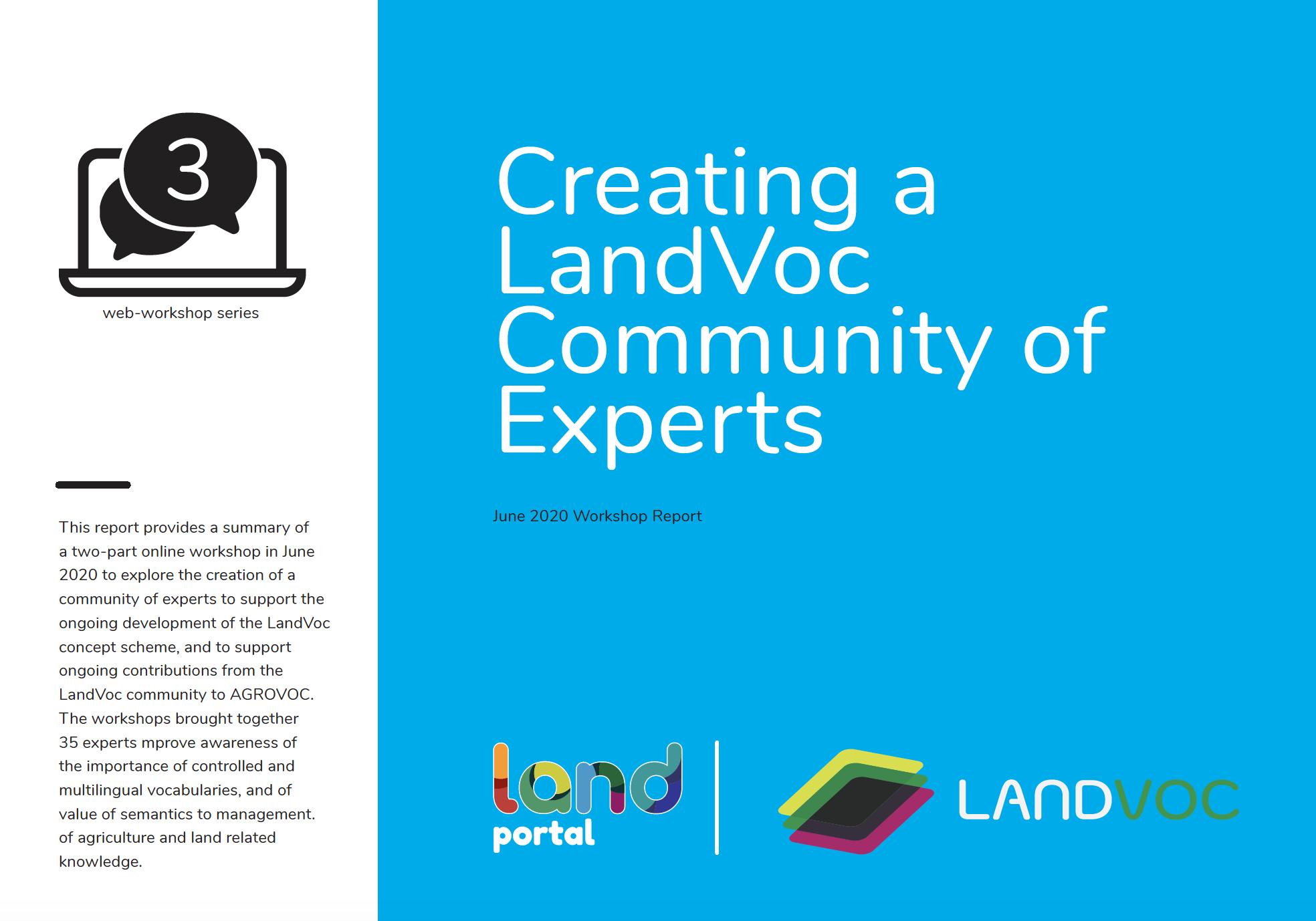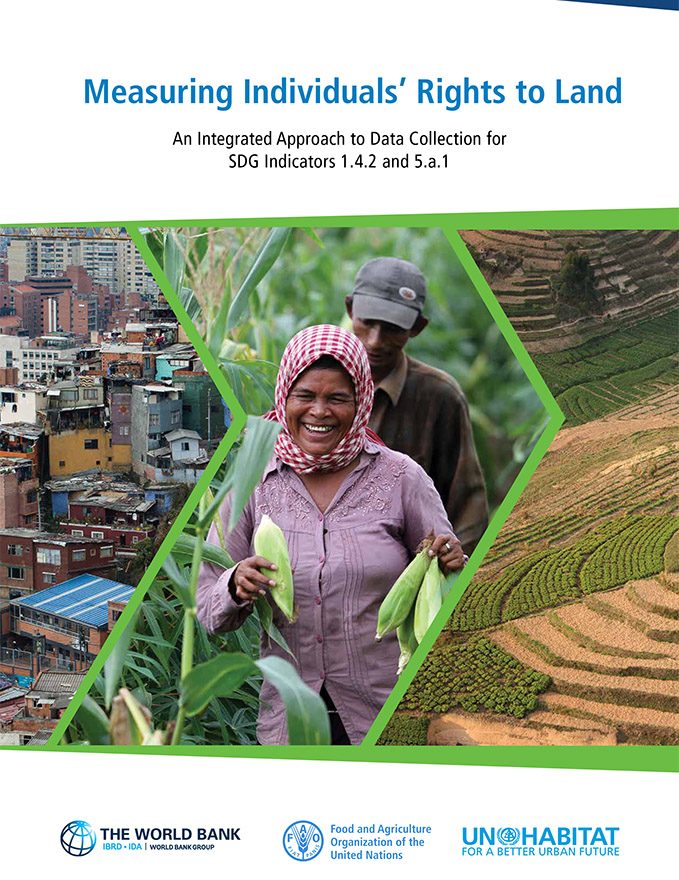Open Up Guide for Land Governance, Version 2.0 (following public comments)
The Open Up Guide on Land Governance is a resource aimed to be used by governments from developing countries to collect and release land-related data to improve data quality, availability, accessibility and use for improved citizen engagement, decision making and innovation. It sets out:
-
Key datasets for land management accountability, and how they should be collected, stored, shared and published for improving land governance and transparency;











